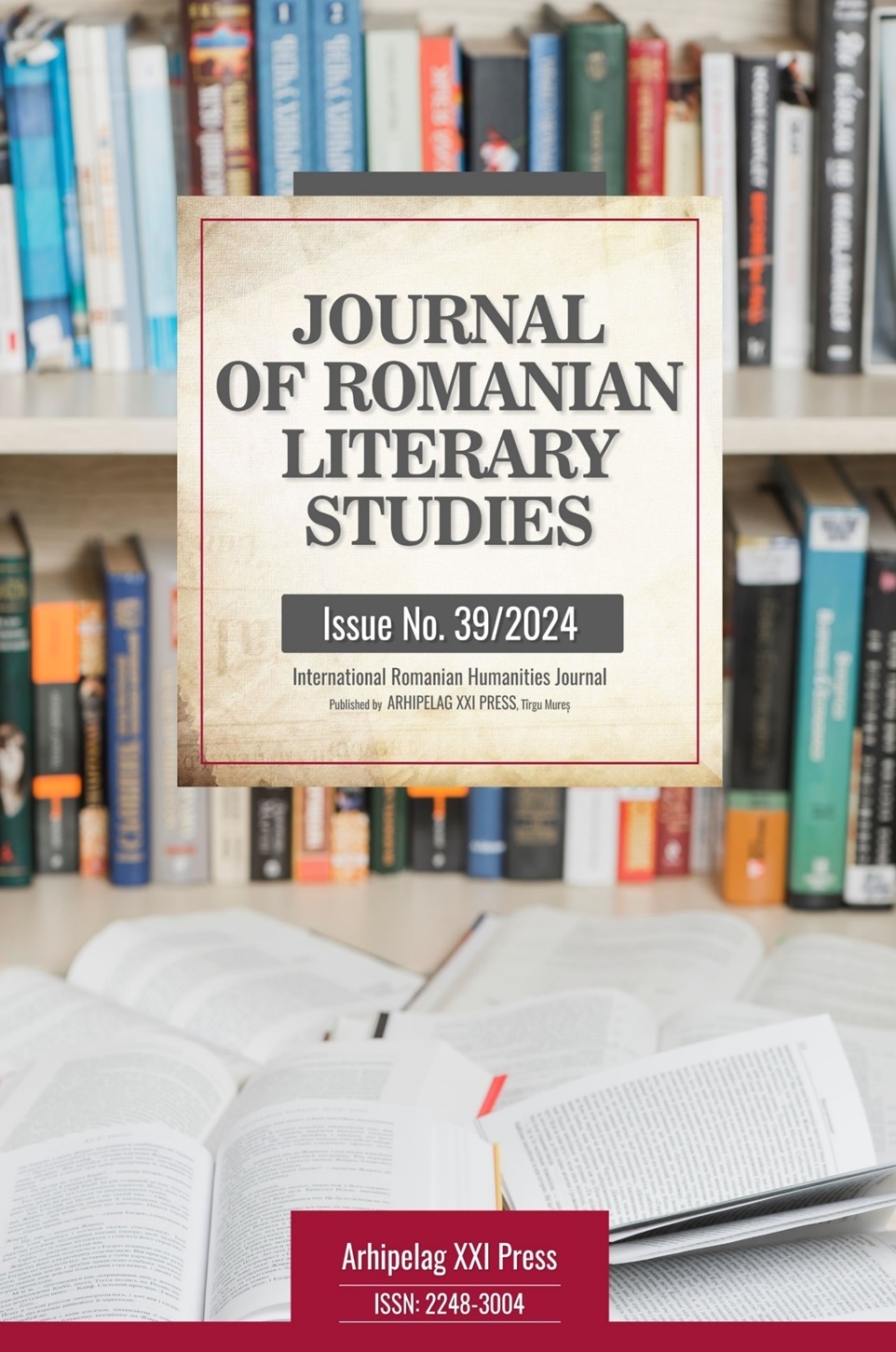SAXONS’ MENTALITIES AND LEISURE TIME
SAXONS’ MENTALITIES AND LEISURE TIME
Author(s): Mariana BorcomanSubject(s): History, Anthropology, Social Sciences, Customs / Folklore, Social history, Cultural Anthropology / Ethnology
Published by: Editura Arhipelag XXI
Keywords: associations, folk theatre; reading societies; religious celebration
Summary/Abstract: The colonization of Transylvania by the German population occurred at the initiative of Hungarian royalty at the end of the 12th century and the beginning of the 13th century. They brought new agricultural techniques from the West and developed the economy of the intra-Carpathian province through crafts. Their autonomous organization in Transylvania developed certain mentalities over the centuries. Also, their leisure time was organized: children were trained and educated to practice sports and play a musical instrument. Winter holidays and Easter were spent in the community, and dance gatherings provided young people with opportunities to meet and parents to agree on the startup of new families. The preservation of ethnicity was socially achieved through such marriages, and economically through guilds composed only of Saxon citizens.
Journal: Journal of Romanian Literary Studies
- Issue Year: 2024
- Issue No: 39
- Page Range: 128-133
- Page Count: 6
- Language: English

